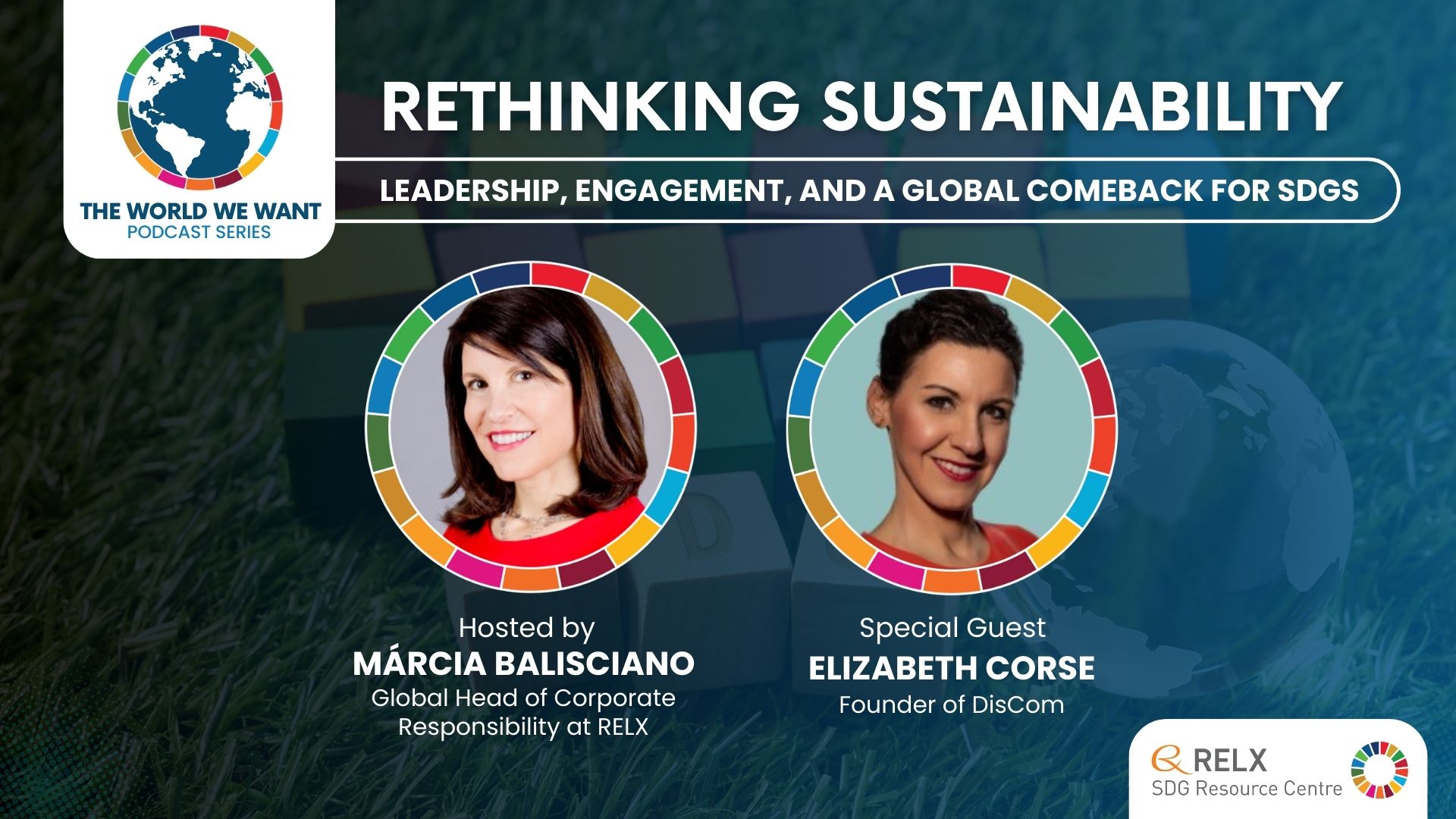This study evaluated ChatGPT-4's ability to generate personalized, evidence-based nutrition recommendations in English, Russian, and Kazakh for Central Asian populations, finding moderate performance in English and Russian but very limited effectiveness in Kazakh due to language limitations. The results underscore the need for customized AI models tailored to underrepresented languages and local cultures to ensure equitable and relevant health solutions for diverse communities.
The BRIDGES consortium, the first initiative of its kind funded by NIDDK, is designed to increase diversity and support early-career scientists from underrepresented backgrounds in securing research funding in nutrition, obesity, diabetes, and related fields. By providing tailored mentoring, career development, grant-writing support, and pilot funding across four leading programs nationwide, BRIDGES empowers the next generation of scientific leaders to drive innovation and address critical health disparities.
The commentary highlights challenges in sustainably scaling the Amazonian sociobioeconomy using a�ai and cacao as examples, warning against conventional growth approaches. It advocates for innovative scaling strategies focused on diversification, local empowerment, territorial management, and bottom-up governance.
This article concludes that mainstream nutrition approaches inadequately capture the full meaning of nourishment for Indigenous peoples, as they neglect critical spiritual, emotional, and relational aspects. By centering Indigenous worldviews and lived experiences, the Indigenous Nourishment Model offers a more comprehensive and culturally appropriate framework. This model not only challenges deficit-based narratives and epistemic injustices but also provides practical guidance for developing, implementing, and evaluating nutrition initiatives that honor and leverage the strengths of Indigenous foodways and knowledge systems. Ultimately, such holistic approaches can foster greater health equity and well-being for AI/AN/NH communities and beyond.
This study compared nutrient-based dietary patterns among U.S. Hispanic/Latino adults across two major national surveys and found that diet�disease relationships, particularly regarding diabetes and hypertension risk, varied significantly depending on the population and sampling strategy. These findings highlight the importance of considering the diversity within Hispanic/Latino communities when designing nutrition and health interventions, as one-size-fits-all approaches may not be effective.

